Education development: Govt doing much more than UN asks: minister
Rehman claims UN asks for 4% of GDP while Pakistan has allocated 15-20% of its total budget.
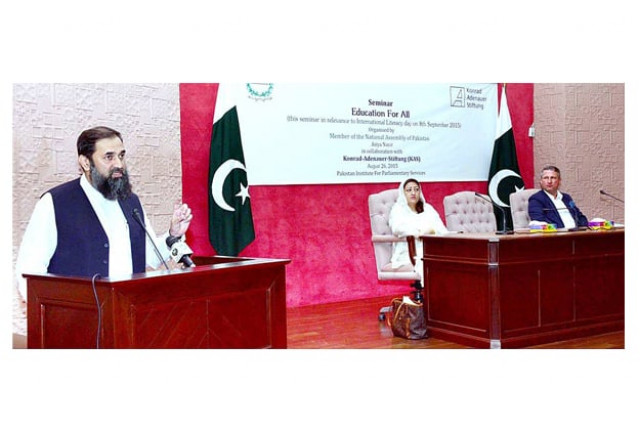
Rehman claims UN asks for 4% of GDP while Pakistan has allocated 15-20% of its total budget. PHOTO: APP
“Pakistan government is doing much more than that the United Nations asked to invest in education sector,” Balighur Rehman, Minister of State for Federal Education and Professional Training, said while speaking at a seminar on “Education for All” at the Pakistan Institute for Parliamentary Services (PIPS).
The seminar was organised by Member National Assembly (MNA) Asiya Nasir in collaboration with German political foundation Konrad Adenauer Stiftung (KAS).
The UN asks for allocation of four per cent of GDP and 15-20 per cent of the national budget for education. Since education has been devolved to provinces, Rehman said, in just a couple of years the education budget has been doubled.
For instance, the minister said, two years ago the education budget in Balochistan was 11 per cent which has been increased to 26 per cent of the provincial budget this year. Similarly, in Punjab it is 28 per cent, in Khyber-Pakhtunkhwa 27 per cent and Sindh has dedicated 25 per cent of its budget to education sector.
Regarding higher education, the state minister said the current allocation to the Higher Education (HEC) has been increased to more than Rs80 billion, “and this trend will keep on.”
Only one percent children in Pakistan are going to vocational and technical education institutions. The minister said technical and vocational schools were being set up to impart education from class 6-10.
The foundation’s resident director Ronny Heine emphasized: “No nation can progress if its people are not educated”, as education plays leadership role in the society.
Heine said to create awareness about education and to provide a platform his foundation has taken initiatives in this regard.
“It’s essential to have a substantial number of children in schools if a society has to progress,” experts discussed education-related issues in different sessions. MNA Malik Muhammad Uzair Khan talked about awareness among multiple stakeholders and laws like Article 25-A and 37-B of the Constitution.
In the backdrop of “youth bulge”, Khan highlighted three major areas of challenges: Resources, governance and specific issues that include infrastructure facilities, quality education and more provision of girls’ school.
Syed Ejaz Hussain Shah, executive director Better Education for All talked about strengthen and enhancing the role and responsibility of school management committees and councils in ensuring quality education.
Dr Arshad Malik of Comsats university and Dr Shoaib Ahmed presented a report on education. Quaid-i-Azam University Vice-Chancellor Dr Javed Ashraf spoke on academic recommendations concerning educational goals.
Published in The Express Tribune, August 27th, 2015.

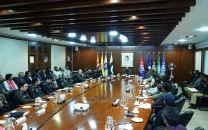

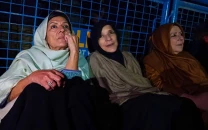


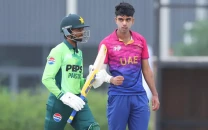




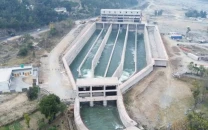







COMMENTS
Comments are moderated and generally will be posted if they are on-topic and not abusive.
For more information, please see our Comments FAQ